Message sent around by Charles Ess announcing a new journal....
Announcing the release of the International Journal of Internet Research Ethics
Call for Papers for the Premier Issue of IJIRE
Description and Scope:
The IJIRE is the first peer-reviewed online journal, dedicated specifically to cross-disciplinary, cross-cultural research on Internet Research Ethics. All disciplinary perspectives, from those in the arts and humanities, to the social, behavioral, and biomedical sciences, are reflected in the journal.
With the emergence of Internet use as a research locale and tool throughout the 1990s, researchers from disparate disciplines, ranging from the social sciences to humanities to the sciences, have found a new fertile ground for research opportunities that differ greatly from their traditional biomedical counterparts. As such, "populations," locales, and spaces that had no corresponding physical environment became a focal point, or site of research activity. Human subjects protections questions then began to arise, acros disciplines and over time: What about privacy? How is informed consent
obtained? What about research on minors? What are "harms" in an online environment? Is this really human subjects work? More broadly, are the ethical obligations of researchers conducting research online somehow different from other forms of research ethics practices?
As Internet Research Ethics has developed as its own field and discipline,
additional questions have emerged: How do diverse methodological approaches
result in distinctive ethical conflicts and, possibly, distinctive ethical
resolutions? How do diverse cultural and legal traditions shape what are
perceived as ethical conflicts and permissible resolutions? How do
researchers collaborating across diverse ethical and legal domains recognize
and resolve ethical issues in ways that recognize and incorporate often
markedly different ethical understandings?
Finally, as "the Internet" continues to transform and diffuse, new research
ethics questions arise e.g., in the areas of blogging, social network
spaces, etc. Such questions are at the heart of IRE scholarship, and such
general areas as anonymity, privacy, ownership, authorial ethics, legal
issues, research ethics principles (justice, beneficence, respect for
persons), and consent are appropriate areas for consideration.
The IJIRE will publish articles of both theoretical and practical nature to
scholars from all disciplines who are pursuing‹or reviewing‹IRE work. Case
studies of online research, theoretical analyses, and practitioner-oriented
scholarship that promote understanding of IRE at ethics and institutional
review boards, for instance, are encouraged. Methodological differences are
embraced.
Publication Schedule:
The IJIRE is published twice annually, March 1, and October 15.
Submissions are accepted on a rolling basis, and are subject to
Editorial and Peer Review.
Subscription:
Free
Editors- in- Chief:
Elizabeth A. Buchanan, Ph.D.
Director, Center for Information Policy Research
School of Information Studies
University of Wisconsin-Milwaukee
elizabeth.buchanan@gmail.com
Charles M. Ess, Ph.D.
Distinguished Research Professor
Drury University
cmess@drury.edu <mailto:cmess@drury.edu>
Editorial Board:
Andrea Baker, Ohio University, USA
Heidi Campbell, Texas A&M University, USA
Radhika Gajjala, Bowling Green State University, USA
Jeremy Hunsinger, Virginia Tech, USA
Mark Johns, Luther College, USA
Leslie M. Tkach-Kawasaki, University of Tsukuba, Japan
Tomas Lipinski, JD, Ph.D., University of Wisconsin-Milwaukee, USA
Ulf-Dietrich Reips, Universität Zürich, Switzerland
Susannah Stern, San Diego State University, USA
Malin Sveningsson, Ph.D., Karlstad University, Sweden
Style Guidelines:
Manuscripts should be submitted to ijire@sois.uwm.edu
<mailto:ijire@sois.uwm.edu> ; articles should be double-spaced, and in the
range of 5000-15,000 words, though announcements of IRE scholarship, case
studies, and book reviews of any length can be submitted for review. Please
ensure that your manuscript is received in good format (proper English
language usage, grammatical structure, spelling, punctuation, and compliance
with APA reference style). The IJIRE follows the American Psychological
Association's 5th edition. Articles should include an abstract no longer
than 100 words, full names and contact information of all authors, and an
author's biography of 100 words or less.
Copyright:
In the spirit of open access, IJIRE authors maintain copyright control
of their work. Any subsequent publications related to the IJIRE work
must reference the IJIRE and the original publication date and url.
Web site:
http://www.uwm.edu/Dept/SOIS/cipr/ijire.html



